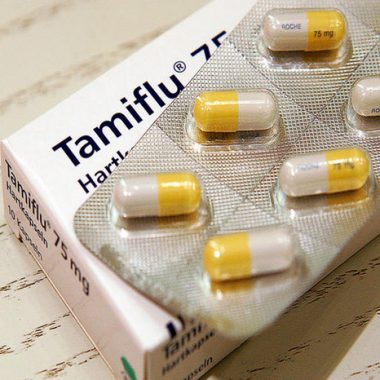Flu antiviral alert ‘should be sent out earlier to GPs’

Peak flu activity had already been reached in two areas of England when the national alert went out for GPs to start using antivirals in at-risk groups, according to regional surveillance data for the 2012/13 flu season.
The data also showed levels of circulating flu were high in some areas up to two weeks before the Department of Health sent out its national advice to start using antivirals.
Currently the DH times the antiviral alert based on national surveillance information, such as acute respiratory outbreaks in the community and rates of GP-reported influenza-like illness consultations and linked respiratory swab results co-ordinated by the RCGP.
Researchers from Public Health England looked at how the timing compared with more detailed regional data that has begun being collected since the 2009 swine flu pandemic, including the Respiratory DataMart System (RDMS) that provides weekly virological data mainly from secondary care.
These data showed influenza B activity peaked in East Midlands and North West England in Week 51 of the flu season, the week the DH sent out the national alert to prescribe antivirals. Prior to this, pre-epidemic thresholds of influenza B activity had already been reached in three other areas in weeks 48 or 49.
The researchers said: ‘For two regions, peak RDMS activity had already been reached in the week community antiviral prescription commenced, suggesting this did not occur early enough for some regions.’
They concluded: ‘Any early signals at a subnational level should feed into the decision to improve the timeliness of reporting of the start of significant influenza activity and increase awareness in the community.’
J Pub Health 2014; available online 4 August

Pulse July survey
Take our July 2025 survey to potentially win £1.000 worth of tokens

Visit Pulse Reference for details on 140 symptoms, including easily searchable symptoms and categories, offering you a free platform to check symptoms and receive potential diagnoses during consultations.










